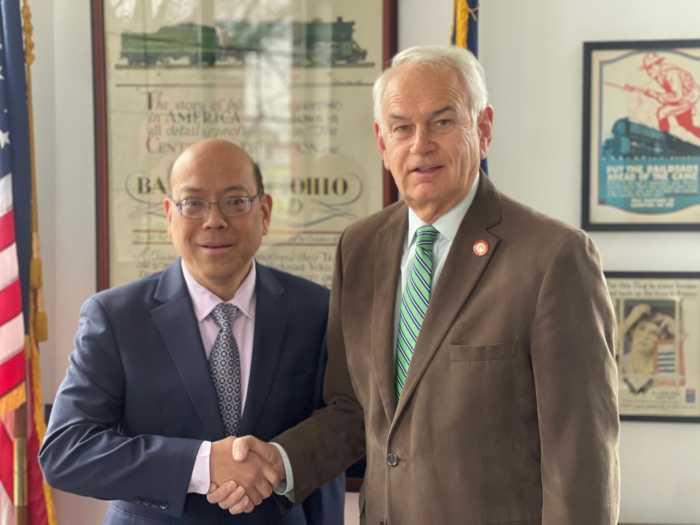By Dustin Brown
The bosses of the Queens County Democratic Organization and their partners stand to lose a lucrative business with new rules that recently went into effect as part of Chief Judge Judith Kaye’s ongoing reforms of the court system.
The Queens County surrogate and judges in State Supreme Court often appoint fiduciaries to oversee the finances of people incapable of doing so for themselves, like orphans or the elderly. But concerns about who was receiving such appointments prompted Kaye to appoint a commission whose recommendations were implemented this month.
Under the new rules, county political leaders and their associates will no longer be allowed to receive fiduciary appointments — a change that will cut out Tom Manton, the chairman of the Queens County Democratic Party, and his law partners from the pool of potential fiduciary appointees.
Records from the Office of Court Administration reveal that Manton and his partners frequently received fiduciary appointments that collectively added up to thousands of dollars in any given year.
“We felt it was inappropriate for a county leader to get patronage in that way,” said Judge Leo Milonas, the president of the city bar association and a member of the commission that reformed the fiduciary rules.
Fees for three fiduciary cases assigned to Manton totaled $13,400 last year, while in 2001 he earned more than $19,000 in fiduciary work for the courts, the records show.
Michael Reich, Manton’s law partner and a Democratic Party official, was slated to receive $18,537 this year for a single appointment; meanwhile, more than $18,000 in compensation was approved in 2001 for appointments to their partner, Frank Bolz, according to the records.
Because party leaders play a prominent role in putting judges onto the bench, politics is liable to figure into the judges’ decisions about whom to appoint to fiduciary cases, the reformers said.
But the new system is meant “to ensure that court appointments are made on the basis of merit, not political favoritism,” Kaye said in her state of the judiciary speech in January.

































